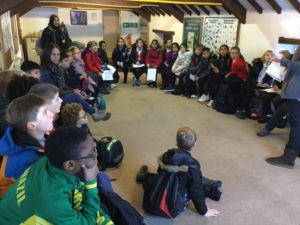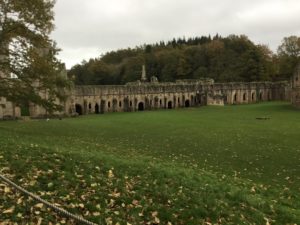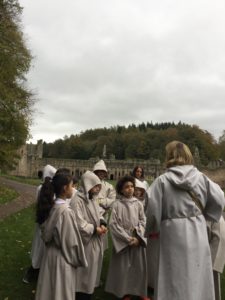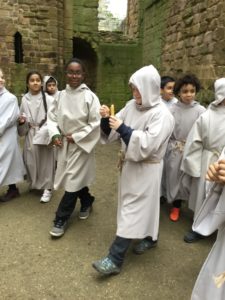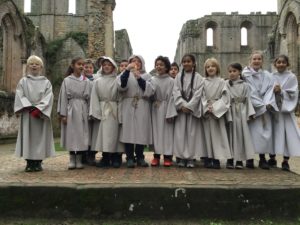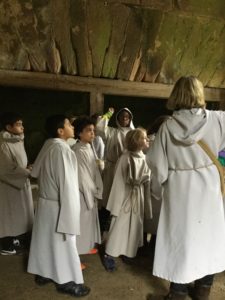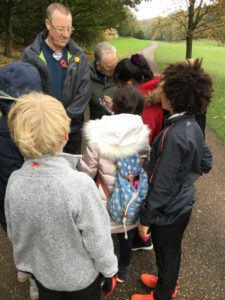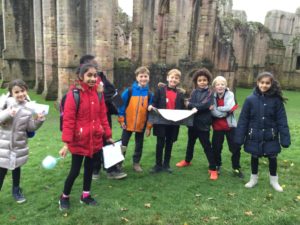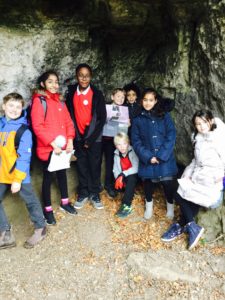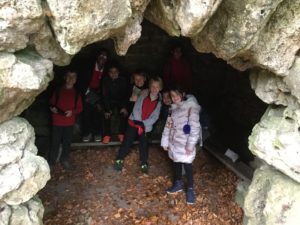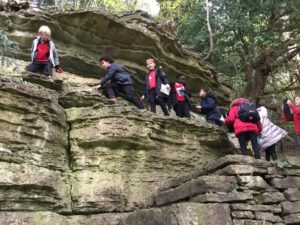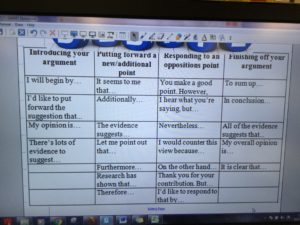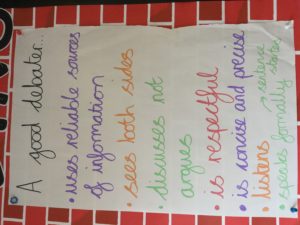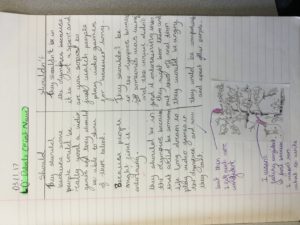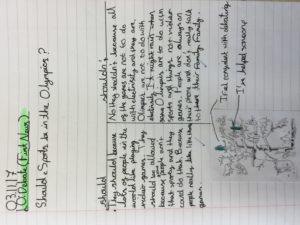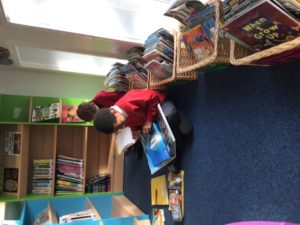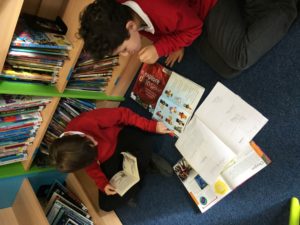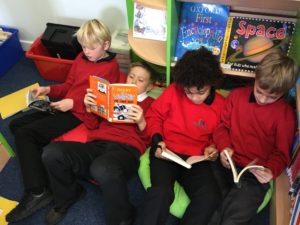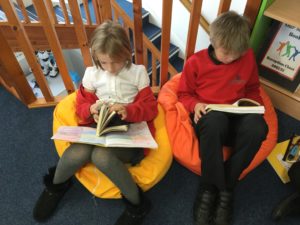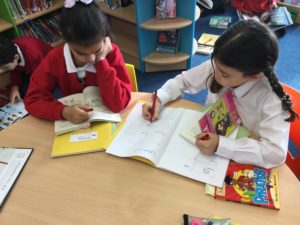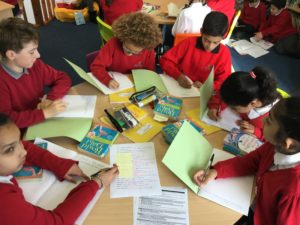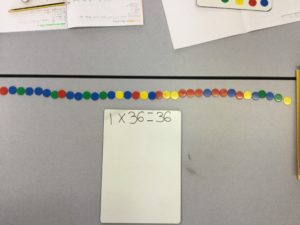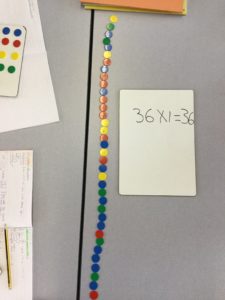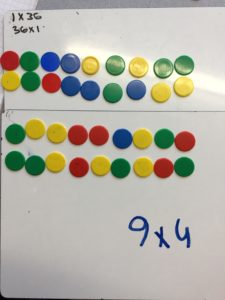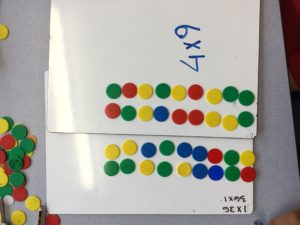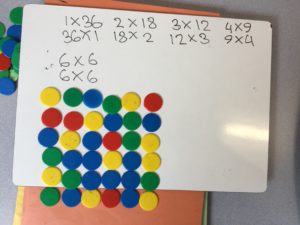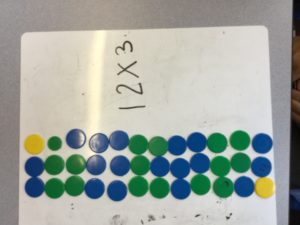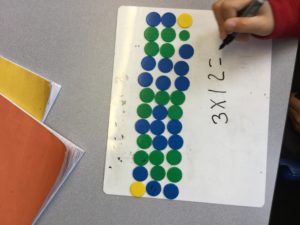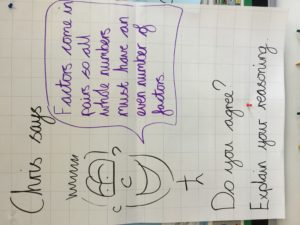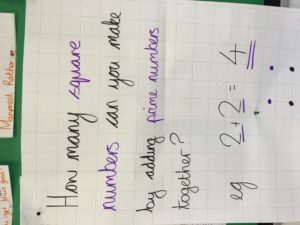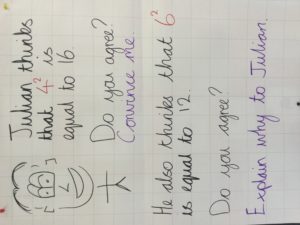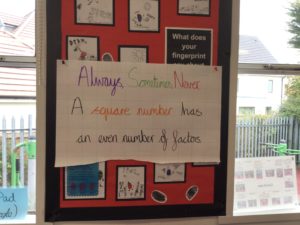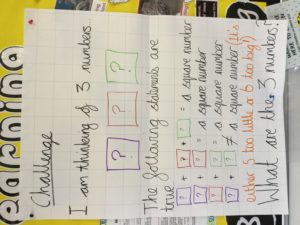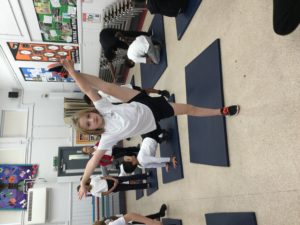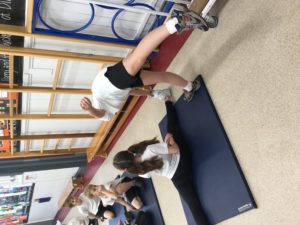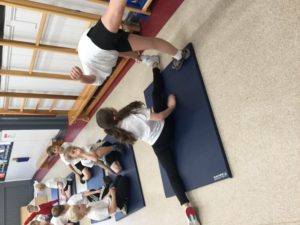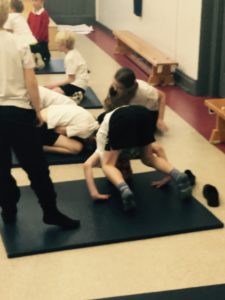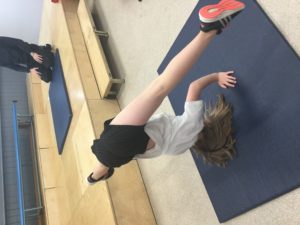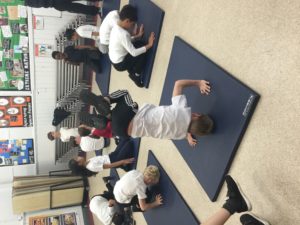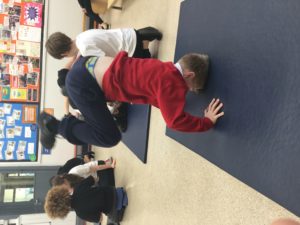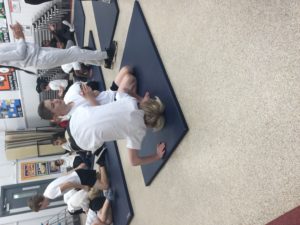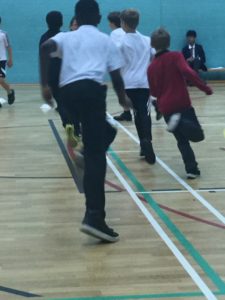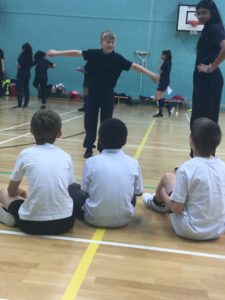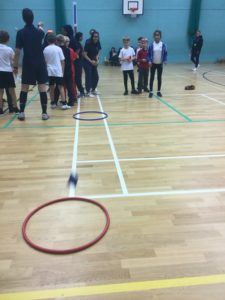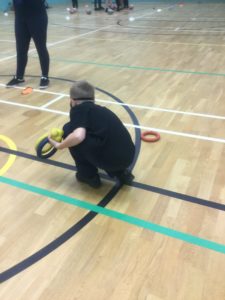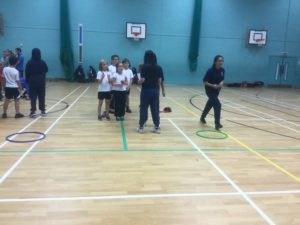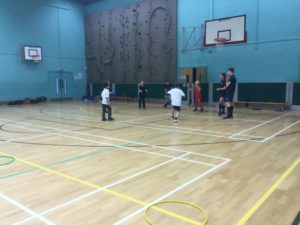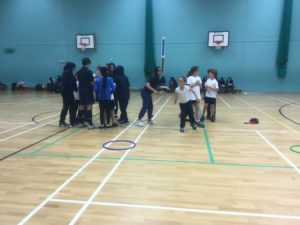Today, Y5 and Y6 visited Fountains Abbey as part our Explorers topic. The trip was particularly exciting because each group were able to plan their own exploration of this National Trust site.
Whilst some of us were off exploring the Studley Royal Gardens, the rest of us were spending ‘A Day in the Life of a Monk’. In this fun workshop, led by National Trust volunteers, we visited the abbey, learnt lots about its history and learnt how monks lived their fascinating lives. Did you know that monks considered heating using a fire a luxury? Or, that they had seven church services a day and one in the middle of the night? Even harder to imagine, they lived almost their whole life in silence. (Some of us would certainly struggle with the last one!)
When exploring, we each had a role to play within our group: map-reader, photographer, visitor surveyor, artist and time-keeper. We were in charge of making sure we visited the places of interest the people in our group wanted to see and had to ensure we were back at our ‘base’ at the correct time. It was really fun to politely approach members of the public and carry out a visitor survey (a geography fieldwork skill). Can you believe that someone had travelled all the way from the USA?
To enhance of our geography learning from the classroom, we continued to compare Fountains Abbey with Machu Picchu. We found lots of similarities: they have similarly interesting histories, they are both ruins, they first became ruins in quite similar ways, both places were used by religious people to celebrate a god and we found out that farming was crucial in both places.
We all had a great time and will certainly sleep tonight (the adults will anyway). As always, the children were fantastic ambassadors for our school and we received several compliments from the public.
Here are some quotes from the day:
- ‘I love nature now!’
- ‘It was great that we chose which parts of Fountains Abbey we wanted to explore.’
- ‘My favourite part was learning how a monk loved their life!’
- ‘It was great finding out about the life of a monk!’
- ‘It was really fun to go for a walk in a nice place!’
